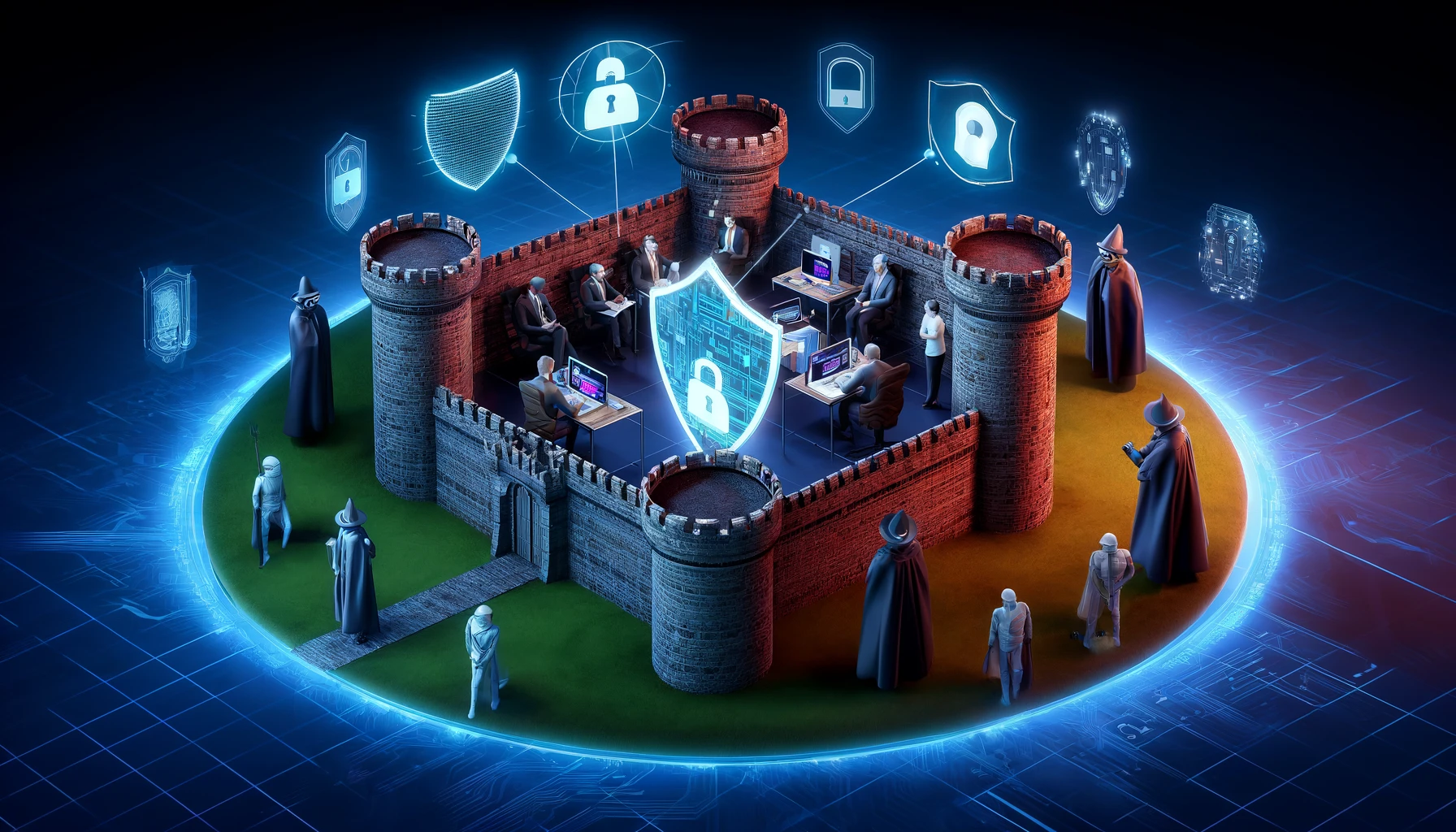Understanding and Mitigating Vulnerabilities in Today's Digital Landscape
The digital age has ushered in unparalleled opportunities for government entities, businesses, and individuals alike. However, this progress comes with its share of vulnerabilities to various intrusions, making security a paramount concern. Despite significant investments in technological defenses to protect computer networks and data, the question remains: Is your business truly secure?
The Illusion of Complete Security
The confidence in technological solutions to safeguard against threats often overlooks a critical aspect of security—human vulnerability. The ease with which insiders can be manipulated to bypass these technological fortresses is a stark reminder of the limitations of relying solely on hardware and software for protection.
The Unseen Risks of Complacency
Many organizations prefer to remain blissfully unaware of their security weaknesses. Acknowledging vulnerabilities is uncomfortable, but ignorance is not bliss—it's a risk. The reality that some companies choose not to explore their susceptibilities only exacerbates their exposure to potential threats.
The Value of Proactive Vulnerability Assessment
Engaging with ethical hackers, or "white hats," to uncover vulnerabilities offers a strategic advantage. This proactive approach contrasts sharply with the reactive panic that follows a breach by malicious actors, or "black hats." The former represents a controlled investment; the latter could lead to unpredictable and often significantly higher costs.
Beyond Technology: The Human Factor
Addressing technological security gaps is only part of the solution. Building a culture of awareness and resistance to social engineering among employees is essential. This includes:
- Educating the Workforce: Instilling an understanding of the risks associated with social engineering and how to resist them.
- Guarding Against Breaches: Implementing comprehensive strategies to detect and prevent security breaches.
- Managing the Human Element: Recognizing and controlling the role individuals play in the organization's overall security posture.
- Securing Executive Support: Gaining the commitment of top management to prioritize and support security initiatives.
The Path to Resilience
Understanding your organization's vulnerabilities is the first step toward developing a resilient defense against both technological and social engineering threats. It involves a holistic approach that combines technology, education, and leadership support to create an enterprise-wide solution to security challenges.
Conclusion
The question of vulnerability in the digital age is not just about how advanced your technological defenses are but also about how prepared your organization is to handle the human element of security. By recognizing and addressing the full spectrum of vulnerabilities, businesses can better protect themselves against the ever-evolving landscape of digital threats.




